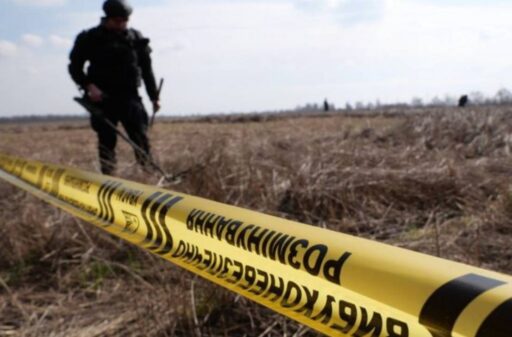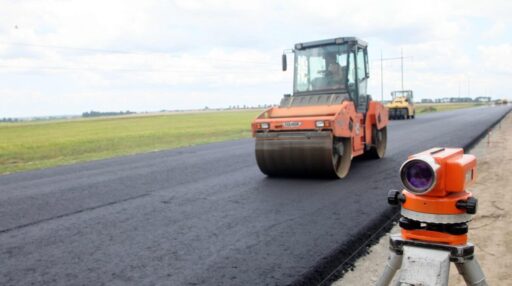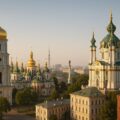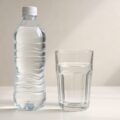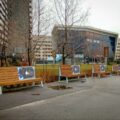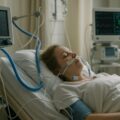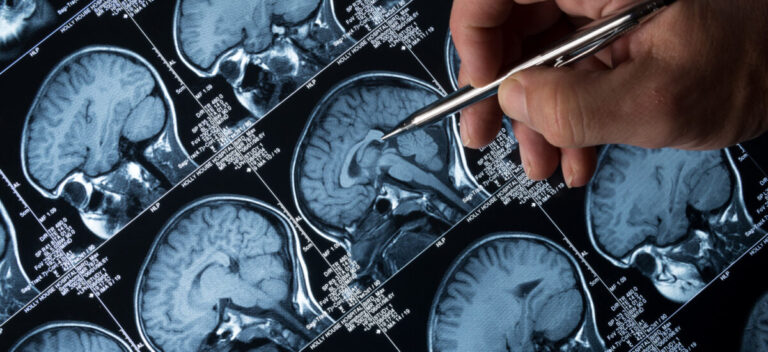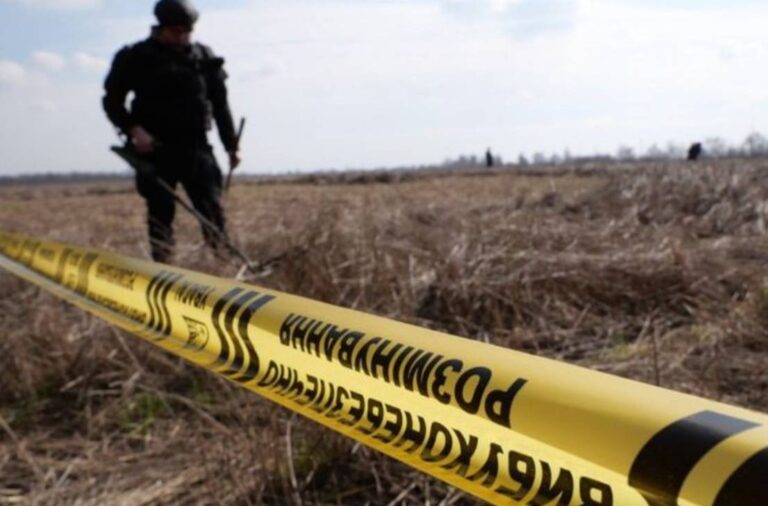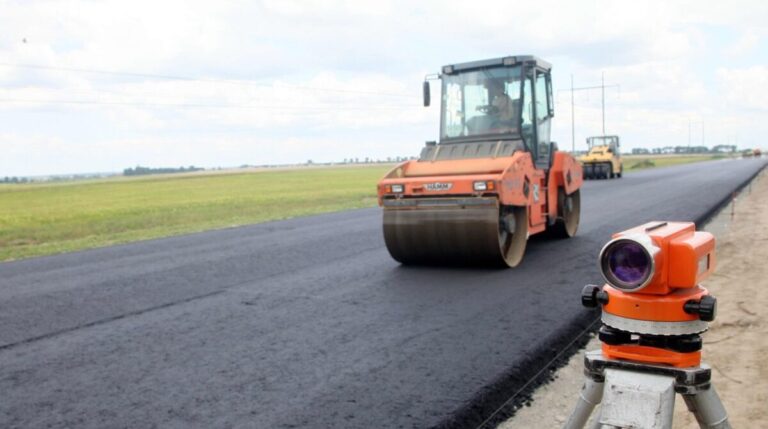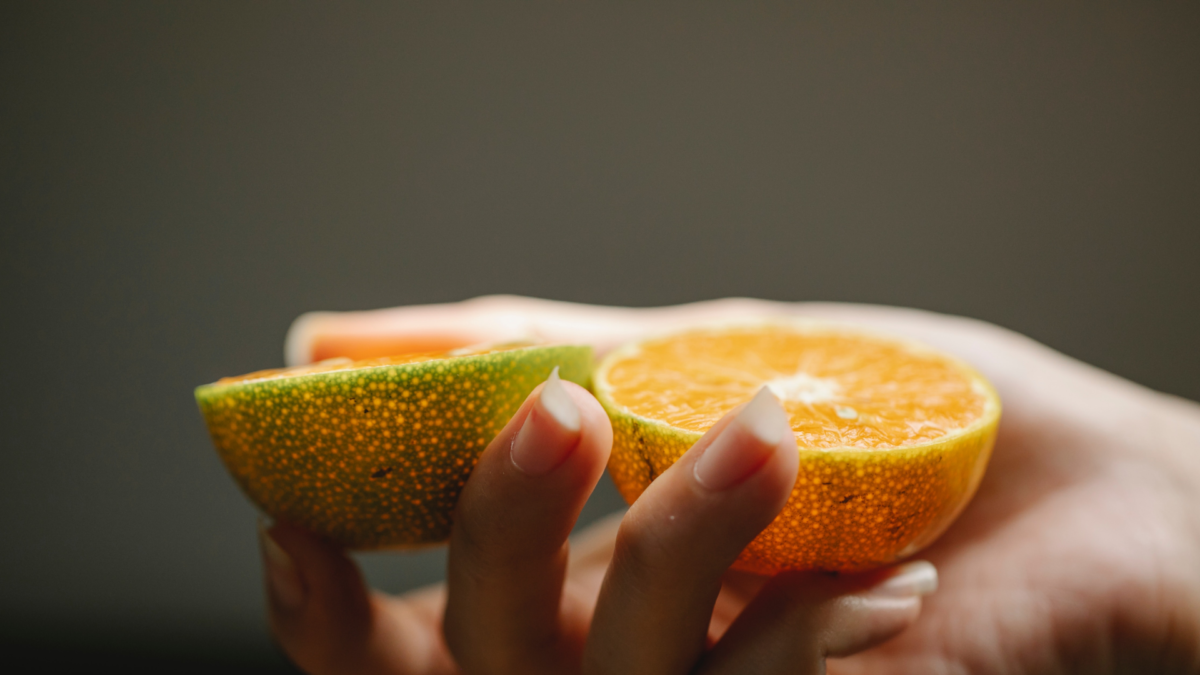
How antioxidants help during air pollution in Kyiv: scientific advice and real-life examples
After missile attacks, Kyiv is often covered by a heavy cloud of polluted air. On such days, doctors and environmentalists alike give the same advice: drink more water, avoid unnecessary exertion, and increase your intake of antioxidants. But what are antioxidants? Do they really help? Which foods should you choose and when are supplements necessary? Where’s the line between real benefit and myths? Here’s a doctor’s perspective simply explained, with examples and references to recent research.
What Are Antioxidants and Why Are They Important During Smog
Antioxidants are substances that “extinguish” the excess of free radicals.
Free radicals are aggressive molecules that form in our cells as a byproduct of metabolism especially under the influence of polluted air, smoke, stress, or radiation. When there are too many radicals, they damage cell membranes, DNA, and proteins.
This triggers inflammation, accelerates aging, and increases the risk of cardiovascular, respiratory diseases, and even cancer.
Why does polluted air overload your antioxidant system?
After attacks, the levels of fine dust (PM2.5), carbon monoxide, and heavy metals in Kyiv can rise sharply. Our bodies are forced to “put out a fire” of free radicals and this is where antioxidants play a key role.
Which Antioxidants Matter Most for People
There are “endogenous” antioxidants (produced by the body itself) and those we get from food. For city dwellers, the latter are especially important.
Main dietary antioxidants:
- Vitamin C blackcurrants, citrus fruits, bell peppers, broccoli.
- Vitamin E sunflower oil, olive oil, almonds, pumpkin seeds, avocado.
- Carotenoids (beta-carotene, lutein, lycopene) carrots, pumpkin, spinach, tomatoes.
- Flavonoids blueberries, apples, grapes, tea, cocoa.
- Selenium Brazil nuts, seafood, eggs, buckwheat.
Example: one glass of blackcurrants or a handful of broccoli provides the daily requirement for vitamin C. A handful of seeds covers nearly the entire daily norm for vitamin E.
What Research Shows: The Benefit of Antioxidants in Polluted Air
1. Antioxidant-rich diets really help
Studies in China, the USA, and Italy (Harvard, NIH, WHO) have shown:
- people who regularly eat more vegetables, berries, and greens have lower levels of inflammation and oxidative stress markers during pollution spikes;
- city residents taking additional vitamin C or E showed fewer signs of cellular damage.
Example:
In Guangzhou, China, 200 city dwellers during a smog event were divided into two groups: one ate as usual, while the other, on doctors’ advice, increased their intake of vegetables, fruits, nuts, and green tea. After a month, the second group had 20-30% lower damage markers.
2. Supplements only if needed
Large population studies show: if a person doesn’t have an acute deficiency or specific illness (anemia, malabsorption, cancer), the effect of supplements is less than from diet alone.
Moreover, high doses of synthetic antioxidants can even be harmful by suppressing the body’s own defense mechanisms.
Example:
In the US, a group of adults took large doses of vitamin E and C supplements for six months. Some developed digestive problems, and there was no better effect on lung health than in those who simply ate more fruits and vegetables.
Post List
How to Organize Your Diet During Days of Air Pollution
- Drink 0.5-1 liter more water than usual.
Water helps remove toxins and supports kidney and mucosal function. - 5-7 servings of vegetables and fruits a day:
for example, breakfast porridge with berries; lunch vegetable salad and soup; snack apple and nuts; dinner stewed vegetables or a salad with beetroot. - A handful of nuts, a spoonful of (unrefined) oil daily.
- Green or herbal tea.
- Dark chocolate (2-3 squares) also a source of polyphenols.
When Are Supplements (Vitamins, Antioxidants) Needed?
- when a deficiency is confirmed by lab tests;
- in elderly people or those with absorption disorders (for example, gut diseases);
- for chronic illnesses or after major surgery under a doctor’s supervision.
Do not self-prescribe supplements “just in case” too much can be harmful.
What to Avoid During Smog
- Fried, smoked foods, and processed foods these add more oxidants.
- Lots of sweets and white bread increase oxidative stress.
- Alcohol and smoking completely “consume” your antioxidants.
Antioxidants are a shield for your body on days when Kyiv’s air becomes truly dangerous. They only work as part of a normal, everyday diet not as a “magic pill.” The greatest benefit comes from a varied diet: vegetables, berries, greens, nuts all reinforce the effect of clean water and help your body cope with pollution. Supplements are only needed on your doctor’s advice. Support yourself with food, water, and rest even on tough days, your body will cope better.


